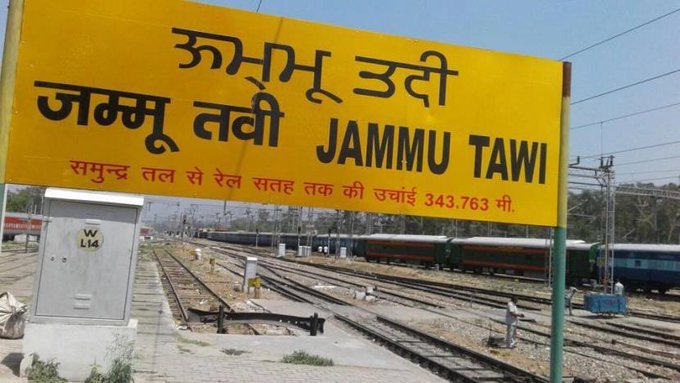
When Articles 35 and 370 were abrogated on August 05, 2019, several Jammu residents joined the Bhartiya Janta Party workers in celebrating the abrogation of the Articles that provided special status to the residents of the region.
With passing time, however, the anger is simmering in the Jammu division, which otherwise is seen as the political fortress of the ruling Bhartiya Janta party. Youth like Sahil Dogra, from the Dogra community of Jammu who initially supported the abrogation of the special status, feels “betrayed”. The latest decision to include non-locals in the voters’ list in Jammu Kashmir has forced several youths like Sahil to openly criticize the policies of the Bhartiya Janta Party.
The Bhartiya Janta Party made inroads in the Jammu region in 2008 when its leaders lead the street protests against Kashmiris who were protesting against the transfer of hundreds of acres of Land to the Shri Amarnath Shrine. In the same year, BJP won 11 seats in the region. Its seat share grew to 25 of the 37 seats in the Jammu division, a feat that helped it emerge as the second largest party in the Jammu Kashmir assembly elections. It later announced a coalition Government with Kashmir’s largest party PDP.
“BJP came with a lot of promises to Jammu region but they have failed to deliver. Why is the Bhartiya Janta Party so sacred that it wants to get voters from outside to Jammu Kashmir and vote for them?” Sahil, a Dogra youth asked. He said that the Bhartiya Janta Party has constantly made attempts to end the regional Dogra identity. “They have made one after another attack against our identity,” he said.
He said that it took us (Jammu residents) a while to realize that the maximum damage of abrogation was caused to the youth of Jammu Kashmir. “We are getting no employment. but outsiders are being welcomed to come and loot our resources in Jammu. Outsiders are getting jobs here and local unemployment is growing. Mineral extraction contracts which was otherwise a local affair are being handed over to the locals. Jammu which was made a city of wine shops and the tenders were given to non-locals,” Sahil said.
The worst part impact of the abrogation can be seen in the Construction sector where all construction projects are being handed over to non-local contractors, Sahil added.
“They should directly tell the people of Jammu Kashmir to stop voting so that they can have it their own way. Otherwise, they have failed terribly on all the promises the made. It would not be surprising at all if the next chief Minister of Jammu Kashmir is a non-local,” Sahil stated. The entire process is being converted into a fraud and people will lose faith in the electoral process, he said.
Rajat Randhawa, another Jammu local said that it was unfortunate that a chapter has to be added in Jammu Kashmir’s history. “From our childhood, we were taught that we were freed on 15 August, 1947, but we will require an addition in history that Jammu Kashmir was again enslaved on 05 August, 2019,” Rajat said stating that he too was a supporter of the abrogation of special status of Jammu Kashmir.
“Leaders of Bhartiya Janta Party fooled Jammu people in name of development, but the veil is gone and their real intent is now visible more than ever. Earlier the youth of Jammu believed in them, but post the abrogation of special status, one law is being followed by other with a sole intent of disempowering the people of Jammu Kashmir,” he said, adding that the people of Jammu have no decided to openly speak against the policies of the Bhartiya Janta Party.
Earlier the youth here remained silent for National interest, but the BJP wants to bulldoze the concept of that nation and harm the Dogra identity, so the young people of Jammu have decided to be open critics of every black law they have enforced in Jammu Kashmir since 2019..
